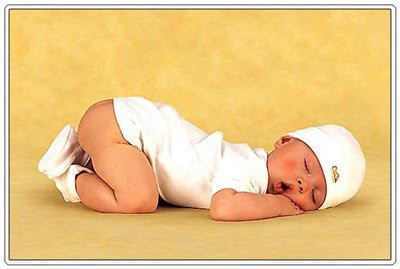
100 Years Luis Emilio Recabarren wondered what I have to celebrate I as oppressed in this Centenary class? Today, on the 200th anniversary of the Republic, returns to arise the doubt while appear voices claiming: "we have nothing to celebrate".
At the gates of this bicentenary appear voices who question advances in 100 years of history of Chile. Just look critically some of the events this year to divest some lessons that history offers us.
Development
Just as in 1910, Chile arrives at the bicentennial with an outline of deep social inequality. Earthquake showed us that this seismic country not constructs appropriately, showed us negligent of our constructions. Case mine San Jose shows us the precariousness which work as many Chileans to win the daily bread. Our statement to request pardon noted the overcrowding of the inmates in the jails… and now the mapuche theme. The true celebration of the bicentennial would face serious problems that appeared in the first half of the year.
These 200 years of Republican Chile construction never national sovereignty has been exercised by the Chile people. All the constitutions that has taken our country, especially those who have had greater validity, longer duration, have been the result of the imposition of armed force product of civil wars, coups State or military force, in collusion with small circles of political citizenship backs class action. Then what is being held?
Who became independent really?
At least on this date, there are reasons to celebrate. During the 20th century highlights the generation of social movements, from the Worker's Movement to the Pingüina Revolution. There is also assessing the capacity of the Chilean people overcome a dictatorship, despite the traces they leave.
However, the demands of society, have been losing force gradually. This is part of the consequences which left an authoritarian regime, which generated frustrations citizens even indifference to politics and democratic processes.
Meanwhile, on the other hand, some social groups have achieved raise participation to fight for minorities and respect for diversity. In this context stressed the necessity that CSOs restored its relations with the political world.
Conclusions
The great challenge today is look like a democratization axis ratio of the organized social world and construction demand rights and the traditional political world in conflict, have all broken bridges and must learn to recognize as political actors of democracy with its specificities.
Thus, the independence day become an opportunity not only to rest, eat roast and have fun, but to reflect on our history and its future.






